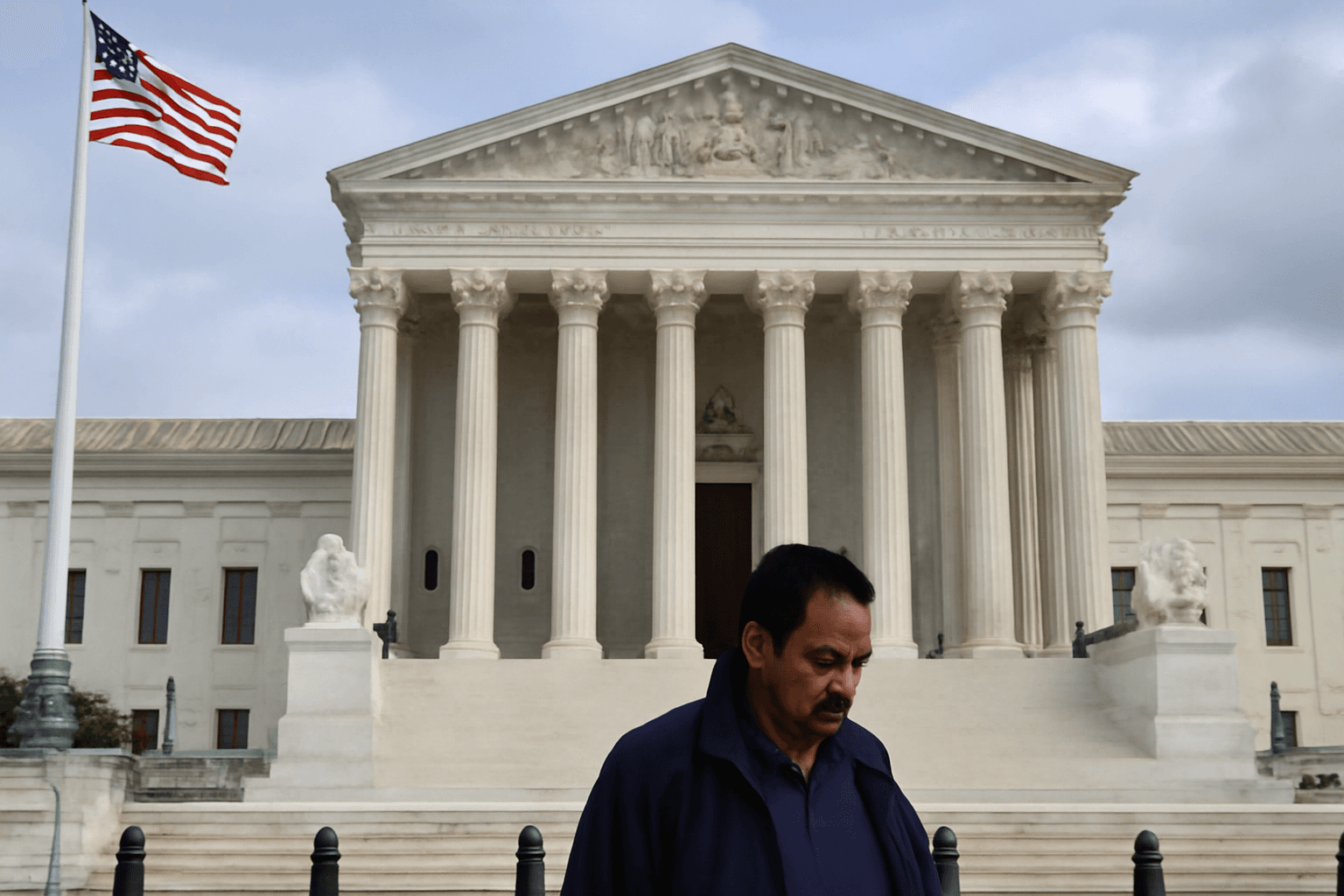US Launches Incentives to Encourage Self-Deportation Among Undocumented Immigrants
The United States government has introduced a novel initiative aimed at undocumented immigrants, providing financial support and travel assistance to those who voluntarily choose to return to their home countries. This move revisits the concept of "self-deportation," promoted as a safer and more cost-effective alternative to traditional deportation procedures.
What Does the US Government Offer?
Undocumented immigrants who opt to leave the US voluntarily can receive up to $1,000 as a stipend, along with help in securing travel documents and booking their return journey. These incentives are facilitated through the Customs and Border Protection (CBP) Home App, where eligible individuals can register and confirm their departure.
The Department of Homeland Security (DHS) underscores that those who self-deport could see substantial benefits, including:
- Financial travel assistance and the $1,000 stipend paid upon confirmed return
- Assistance with travel documentation and ticket booking
- Extended departure timeframes (beyond 21 days for those funding their own travel)
- Lower prioritization for detention or removal actions by Immigration and Customs Enforcement (ICE)
- Enhanced opportunities for future immigration applications
Why Self-Deportation?
On average, the DHS estimates that the government spends about $17,121 per person to arrest, detain, and deport an individual unlawfully residing in the US. By encouraging self-deportation, officials believe they can reduce costs by up to 70%, while also making the process safer for all involved parties.
The Secretary of Homeland Security called the program the “best, safest, and most cost-effective way” for undocumented immigrants to leave the US and avoid arrest.
Who Qualifies?
The initiative targets two primary groups:
- Non-criminal undocumented immigrants who have had encounters with CBP at ports of entry or within border areas.
- Individuals on categorical parole whose legal status has expired or is about to expire.
Applicants must be physically present in the United States at the time they apply through the CBP Home App.
Recent Warnings and Outlook
Just days before announcing this program, the US Embassy issued a stern reminder to visa overstayers, highlighting risks such as arrest, fines, deportation, and permanent bans on future US travel. This underscores the government’s dual approach—offering incentives for voluntary departure alongside stricter enforcement measures.
What This Means for Undocumented Immigrants
For the estimated 725,000 undocumented Indian immigrants living in the US as of 2024, according to recent estimates, these developments present both challenges and opportunities. While the threat of enforcement is real, the self-deportation program may offer a dignified exit route with financial support, helping individuals avoid detention and legal penalties.
As the US balances immigration enforcement with efforts to reduce costs and humanize deportation, this app-based incentive marks a significant shift in policy and enforcement strategy.



















